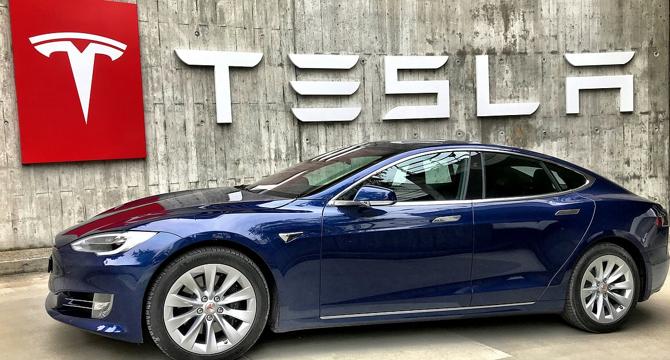Bloomberg Quint
1d
341

Image Credit: Bloomberg Quint
Tesla Is Being Eaten Alive By Chinese Rivals It Inspired
- Tesla's sales in China have been declining, with shipments from its Shanghai factory falling by 15% in May compared to the previous year.
- The trend of declining output in China has been going on for eight consecutive months, affecting around 40% of Tesla's global capacity.
- Tesla's share of China's battery EV market has dropped significantly over the past four years, pointing to deteriorating economics.
- Competitors in China, like BYD and Xiaomi, are delivering exciting electric vehicles with features comparable to Tesla's, but at lower prices.
- While Tesla's reputation in China remains high, its market share has been decreasing, with local competitors gaining traction.
- Tesla seems to have lost its ambition to develop new affordable EVs that can compete globally, impacting its position in China and worldwide.
- Elon Musk's focus on self-driving cars in Austin and political controversies have diverted attention from Tesla's challenges in China.
- Tesla's reliance on robotaxis and Musk's political engagements have overshadowed its weakening position in the global EV market, especially in China.
- The decline in Tesla's sales in China raises concerns about its future profitability in the region and the impact on its overall financial performance.
- Despite ongoing challenges, Tesla's narrative is evolving with a shift in focus towards self-driving technology and political intrigues, diverting from its sales struggles.
Read Full Article
20 Likes
For uninterrupted reading, download the app